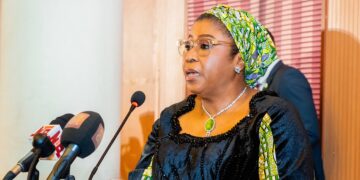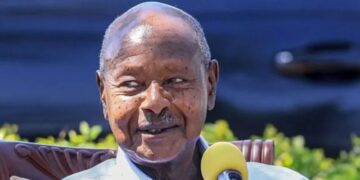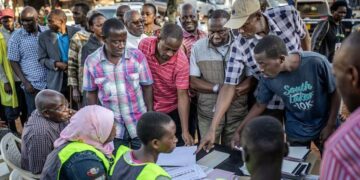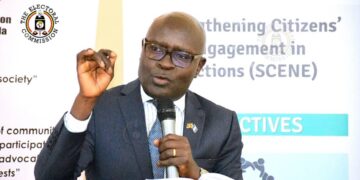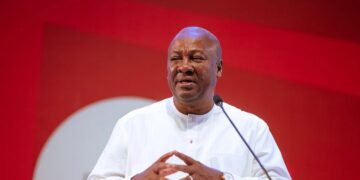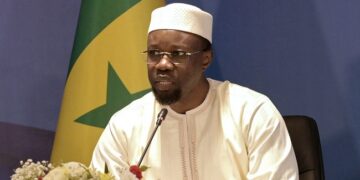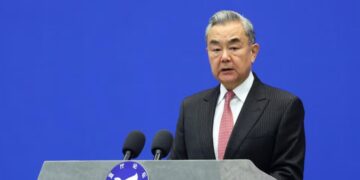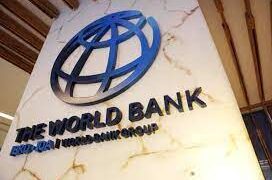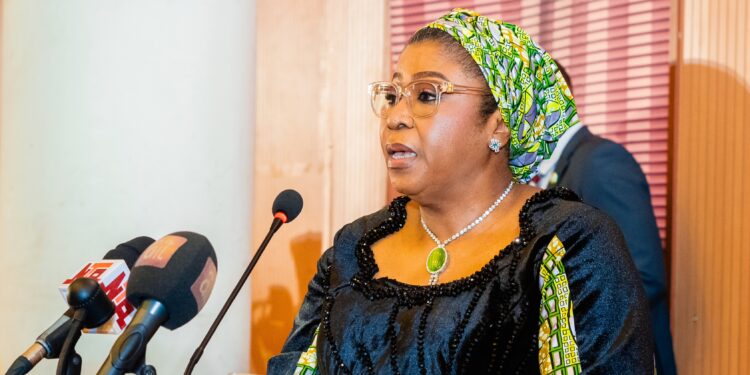By Ebi Kesiena
The Head of the Civil Service of the Federation, Didi Walson-Jack, has reiterated her commitment to building a productive, incorruptible, and citizen-centred (EPIC) Civil Service that places Nigerians at the heart of governance reforms.
The declaration came on Friday in Abuja at the inaugural Stakeholders and Citizens Engagement Forum, themed “Strengthening Service Delivery through Citizens and Stakeholders Engagement.” Walson-Jack said the forum was a clear demonstration that engaging citizens and partners is not optional but an imperative for national development.
She emphasized that Nigeria’s civil service is on course to achieve full digitalization of its core processes by December 31, 2025, a move she said would improve efficiency, restore public trust, and ensure inclusivity in governance. “Public trust is priceless, and we must sustain it through openness, efficiency, and collaboration,” she stated.
The forum brought together senior government officials, state heads of service, civil society leaders, development partners, and members of the media. According to Walson-Jack, the gathering reaffirmed government’s determination to strengthen service delivery by making citizens co-owners of the reform agenda. “Your voice is not just welcomed, it is essential to our progress and to restoring public trust. This forum is designed to foster honest dialogue, shared problem solving, and collective ownership of the reforms that will reshape our civil service for the better,” she added.
Highlighting the progress made under the Federal Civil Service Strategy and Implementation Plan 2021–2025 (FCSSIP25), Walson-Jack pointed to key reforms such as the career-long training initiative, a nationwide personnel audit to ensure “the right people are in the right roles,” the adoption of a performance management system to replace outdated appraisal methods, and payroll integrity measures aimed at eliminating ghost workers. She also disclosed that more than 34,000 civil servants have already been issued official government emails as part of the ongoing digitalization drive.
The Head of Service assured that the final phase of reforms is firmly on track to meet the December 2025 deadline for complete digitization. According to her, the transition will eliminate the era of missing files, accelerate service delivery, and expand citizens’ access to government services through online platforms.
Beyond digitalization, Walson-Jack outlined other priorities including innovation challenges across ministries, improved staff welfare, and enhanced pension and healthcare processing for retirees. She also commended the role of the media and civil society in amplifying reforms and providing grassroots feedback, urging them to continue engaging constructively as government prepares the successor plan to FCSSIP25.
Looking ahead, she disclosed that preparations are already underway for the 2026 International Civil Service Conference, envisioned as a “truly transformational” gathering that will bring together public servants, academics, civil society actors, and global experts to share ideas on governance and reform.
“As we strive to meet our goal of an efficient, productive, incorruptible, and citizen-centered civil service, every reform we implement and every result we deliver in these final months will strengthen our legacy of excellence,” she concluded.
With the December 2025 deadline now firmly in sight, Nigeria’s civil service is positioning itself as a model of innovation, integrity, and inclusivity, one where citizens are not mere bystanders but active shapers of national development.
